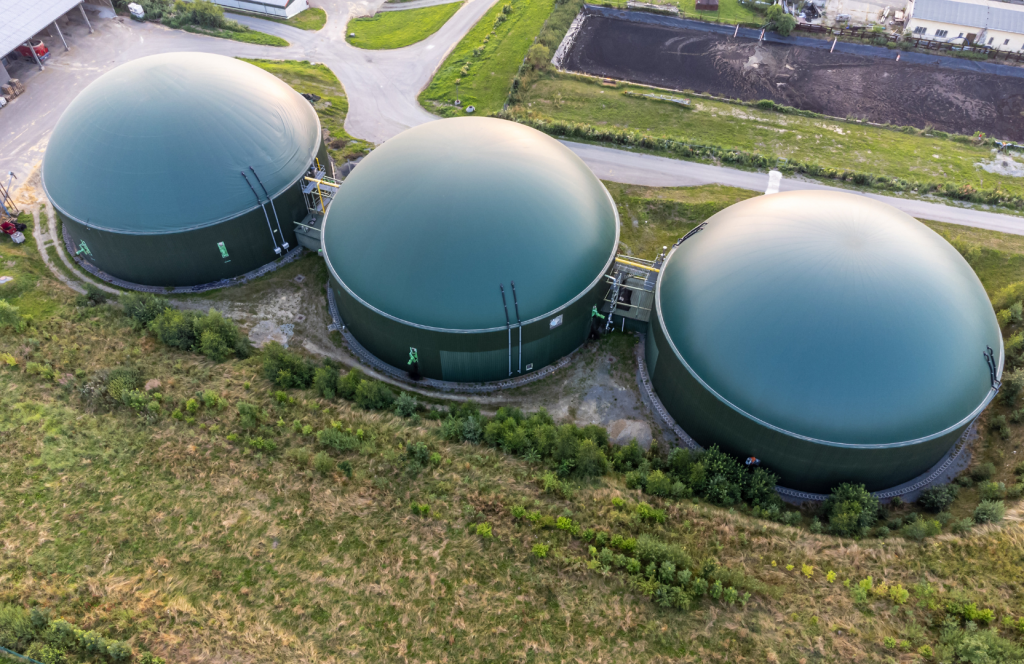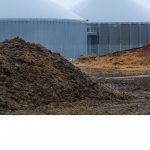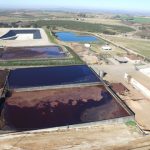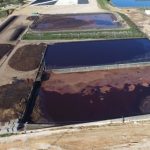Discover the True Potential of Digestate: Waste or Byproduct?
Digestate management raises important legal, environmental and economic questions. In this article, we explore the nature of digestate and discuss whether it is classified as a waste or by-product. Additionally, we will examine how Smallops can offer innovative solutions to manage digestate sustainably.
How to correctly classify the digestate from your biogas plant
As we have commented in previous articles, digestate is the residual organic material that remains after anaerobic digestion in biogas plants. It contains valuable nutrients such as nitrogen, phosphorus and potassium, but may also contain unwanted compounds and pathogens. The classification of digestate as waste or byproduct has important implications in its management and regulation, as well as in the profitability of the biogas or biomethane plant.
Digestate: Waste or Byproduct?
La clasificación del digestato como residuo o subproducto depende de varios factores, incluida su calidad y uso previsto. En España, la legislación vigente (Real Decreto 1051/2022, de 27 de diciembre) define el digestato como un subproducto si se demuestra que cumple con ciertos criterios de calidad y seguridad para su uso como fertilizante. Sin embargo, si no cumple con estos criterios, se considera un residuo y está sujeto a regulaciones más estrictas en cuanto a su manejo y disposición.
Classification of digestate as a waste or by-product depends on several factors, including its quality and intended use. In Spain, current legislation (Royal Decree 1051/2022, of December 27) defines digestate as a by-product if it is demonstrated that it meets certain quality and safety criteria for its use as a fertilizer. However, if it does not meet these criteria, it is considered waste and is subject to stricter regulations regarding its handling and disposal.
Digestate as a Valuable Byproduct:
Digestate has the potential to be a valuable by-product rather than a waste, as it can be used as an organic fertilizer or organic amendment in agriculture, provided it complies with the aforementioned current legislation. It contains essential nutrients that can improve soil quality and increase crop productivity, reducing dependence on chemical fertilizers.
Regulations in Spain and Management of Digestate from anaerobic digestion:
In Spain, there are specific regulations governing the management of digestate, including provisions on its use as fertilizer. These regulations focus on ensuring the quality and safety of digestate to protect human health and the environment, especially against pathogens and refractory compounds that accumulate in the environment. It is important to comply with these regulations to avoid legal sanctions and ensure sustainable digestate management.
Digestates Regulations and Legislation
In Spain, the management of digestates is regulated by various regulations and legislation, among which the following stand out:
- Royal Decree 9/2017, of May 26, on urban wastewater treatment facilities: This royal decree establishes the technical conditions and control measures for the management of sewage sludge, which is a type of digestate generated in urban wastewater treatment plants. It defines aspects such as the composition, characteristics and management of these sludge, as well as the requirements for its storage, transportation and application on agricultural soils.
- Fertilizer regulations: The use of digestate as a fertilizer is regulated by regulations on fertilizers, which include Regulation (EU) 2019/1009 of the European Parliament and of the Council of June 5, 2019. These regulations establish the requirements and criteria for marketing, labeling, quality control and use of fertilizer products, including those of organic origin such as digestate.
Other regulations
- Regional environmental regulations: In addition to state regulations, each autonomous community may have specific regulations on digestate management, adapted to the needs and characteristics of the region. These regulations may include provisions on waste management, environmental protection and the application of digestates on agricultural soils, among other aspects.
- Law 22/2011, of July 28, on waste and contaminated soils: This law establishes the regulatory framework for waste management in Spain, including organic waste such as digestates. It defines the general principles of waste management, the responsibilities of the different actors involved and the measures to prevent and reduce the generation of waste.
- Soil protection regulations and air emissions regulations: In addition to the regulations mentioned above, it is also important to take into account other regulations related to soil protection and air quality, which may indirectly apply to digestate management. These regulations establish specific requirements for the application of digestates in agricultural soils and control measures to reduce atmospheric pollution generated by industrial facilities, such as biogas plants.
Smallops Committed to Digestate Management
At Smallops, we offer innovative solutions to maximize the value of digestate and minimize its environmental impact:
- Advanced Treatment Technologies: We develop advanced digestate treatment technologies to convert them into high-value products, such as high-quality organic fertilizers. Technologies implantable in biogas plants making this digestate directly marketable.
- Analysis and Characterization: We carry out detailed analyzes of the digestate to determine its composition and properties, which allows us to design personalized recovery strategies.
- Process Optimization: We work closely with biogas plants to optimize their production processes and maximize nutrient recovery from digestate.
- Technical and Legal Advice: We offer technical and legal advice on the classification and management of digestate, ensuring compliance with applicable regulations and standards.
Digestate is more than just waste; It is a valuable resource that can contribute to the sustainability and improve the profitability of biogas plants. At Smallops, we are committed to helping you make the most of the potential of digestate and manage it in a sustainable and responsible way.
Contact us today to discover how we can help you optimize your digestate management process and maximize its value!




